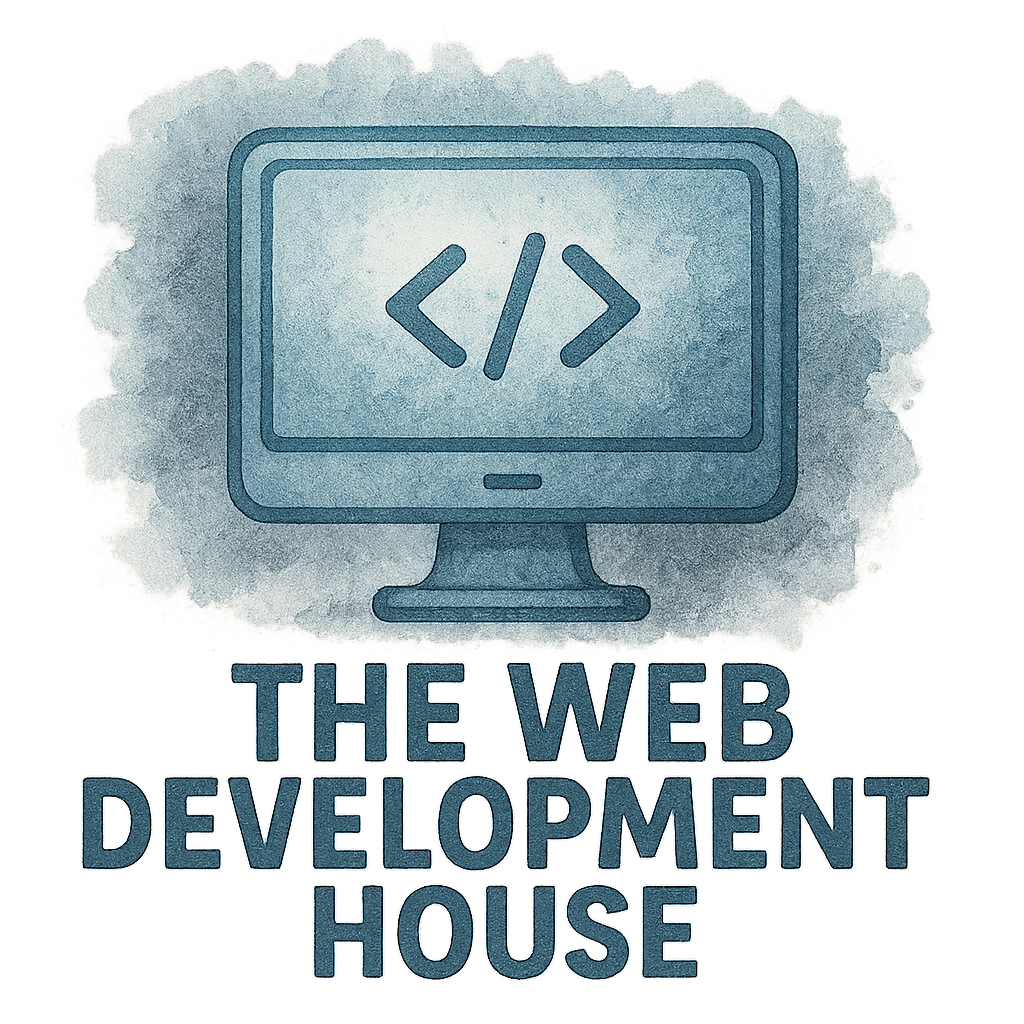Why Building a Strong Development Team Matters
Let’s be honest — your development house is only as good as the people behind it. If you’re aiming to create next-level digital products, you need a team that’s not just technically sharp but also aligned in values, communication, and long-term vision.
The real secret sauce? Hiring the right people from the get-go. Not just coders, but creators. Not just designers, but problem-solvers.
Understanding the DNA of a Great Development House
Before you even post that job ad, take a step back and look at your development house’s DNA. What makes your team tick? What are your core values and how do they show up in your day-to-day?
Aligning With Company Culture
Company culture isn’t just buzzwords on a wall. It’s how your team collaborates, solves problems, and celebrates wins. A strong company culture attracts people who “get it” — and stick around.
The Role of Core Values in Hiring
When hiring, match candidates not only by skill but also by your values. If innovation, accountability, and curiosity are non-negotiable, make sure your next hire embodies them.
Tip #1: Hire for Attitude, Train for Skill
Culture Fit Beats Resume Bragging
Let’s face it — technical skills can be taught. But a can-do mindset, a hunger to learn, and a positive attitude? That’s gold. You want teammates who bring energy, not ego.
If you’re building a modern development house, cultural alignment is what turns talent into team.
Tip #2: Define Clear Job Roles and Expectations
Use Specific Skill Requirements
Generic job descriptions = generic applicants. Be crystal clear on what you’re hiring for. Do you need a backend wizard or a full-stack ninja?
Web Development & Mobile Development Clarity
Clearly separate expectations for web development versus mobile development. Mobile-specific experience matters when you’re building responsive, scalable apps. Link roles with real responsibilities.
Tip #3: Evaluate Technical and Soft Skills Equally
Beyond Code – Communication and Collaboration
You can’t build a winning team with solo performers. You need collaborators — people who can explain their ideas and take feedback without flipping tables.
Look for candidates with emotional intelligence as much as technical IQ. This creates a productive and drama-free dev house.

Tip #4: Prioritize UI/UX Awareness Across the Team
Everyone Should Think Like a Designer
Even developers should understand UI/UX design. Why? Because it impacts how they code. Poor UX leads to rework and lost clients. Teach your team to see through the user’s eyes.
Encourage exploration of design best practices and build that into your hiring criteria.
Tip #5: Use Real-World Project Challenges in Interviews
Simulate the Dev House Workflow
Resumes are nice. Portfolios? Better. But nothing beats real-time problem solving. Give applicants a mini project that mirrors your internal process — whether it’s version control, bug squashing, or team-based coding.
This lets you see their skills in action.
Tip #6: Build a Multi-Disciplinary Dream Team
Balance Between Frontend, Backend, and Design
Your development house thrives when all engines are firing. That means finding the perfect mix of:
- UI/UX designers
- Frontend developers
- Backend developers
- QA engineers
Use the best practices in team structuring to avoid talent gaps that slow progress.
Tip #7: Leverage Remote Talent Without Sacrificing Culture
Keeping Remote Teams Aligned
Remote hiring opens up a global talent pool. But it also creates cultural and communication gaps. Create strong digital processes for alignment. Daily standups, async tools, and clear documentation help bridge the distance.
Don’t forget to integrate them fully into your company culture.
Tip #8: Always Be Recruiting (ABR)
Build a Bench Before You Need One
Waiting until you’re overwhelmed to hire? That’s a recipe for burnout. Always keep your radar on. Build relationships with talent even when you’re not hiring.
Bookmark portfolios. Join communities. Stay visible in startup and dev circles.
Tip #9: Onboard with a Purpose
Speed, Structure, and Support During Onboarding
First impressions matter. A great onboarding plan turns good hires into great contributors fast. Don’t just dump them into Slack and hope for the best.
Provide mentorship, clear objectives, and regular feedback loops. This improves early productivity and confidence.
Tip #10: Promote Growth and Retention
Invest in People to Avoid Turnover
Want to keep your team? Help them grow. Offer training on project management, leadership skills, or even passion projects.
Recognize wins. Celebrate milestones. Keep things exciting with new features and challenges. Happy devs = productive devs.
Wrapping It All Up
Hiring isn’t just filling seats — it’s building a tribe. A top-tier dev house doesn’t happen by accident. It’s the result of smart decisions, intentional hiring, and a people-first approach.
So whether you’re scaling a new startup or revamping your agency, these 10 tips will help you build a team that’s talented, aligned, and ready to build something legendary.
FAQs
1. What is the biggest mistake dev houses make when hiring?
Hiring for technical skills alone without evaluating culture fit and communication abilities.
2. How can I test a candidate’s soft skills during the interview?
Ask situational questions or include collaborative tasks that require communication and problem-solving.
3. Should I prioritize full-stack developers or specialists?
Depends on your project load. Specialists are better for large-scale apps, while full-stack devs add flexibility.
4. How do I hire a remote developer without losing quality?
Use detailed test projects, structured onboarding, and strong communication tools to maintain standards.
5. What tools help remote dev teams stay productive?
Slack, Notion, Jira, GitHub, Loom, and daily standups all help keep remote teams in sync.
6. How important is UI/UX knowledge for developers?
Very. It helps developers build with the end-user in mind, leading to better usability and product success.
7. What should be included in a dev house onboarding process?
Access to tools, intro to team culture, a 30-60-90 day plan, mentorship, and early wins to build confidence.

